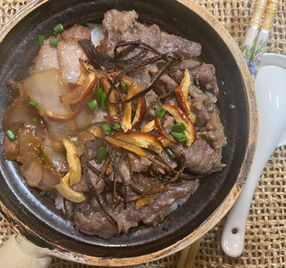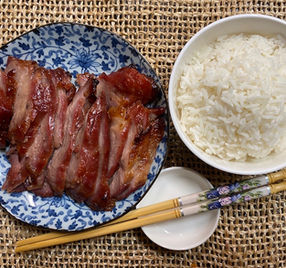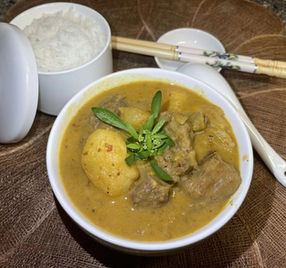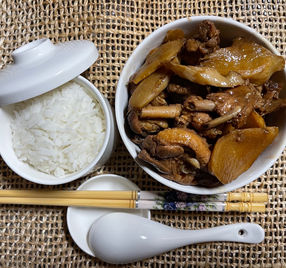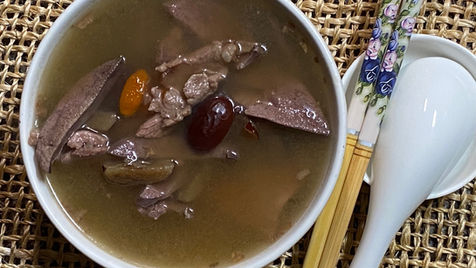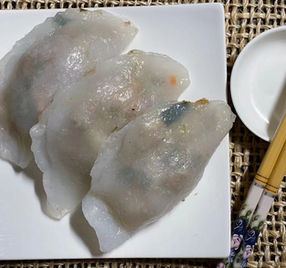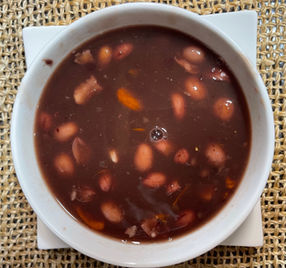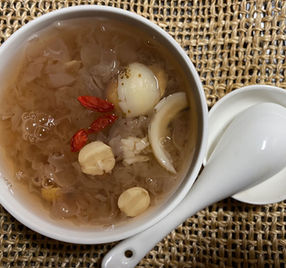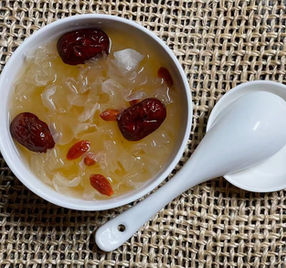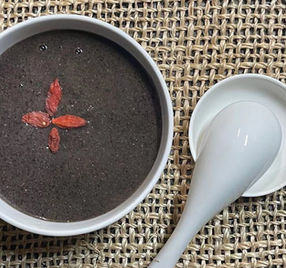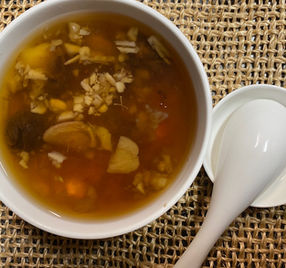
The differences between Nutrition Therapy, Nutrition Care & Medicical Diet

Nutrition Therapy
Nutrition therapy, also known as diet therapy, is a method of using food to improve the functioning of the body and its organs to achieve wellness or to prevent disease. Food is generally considered to be an edible substance that provides the body with a variety of nutrients necessary for growth and healthy development. In other words, food is mainly for nutritional purposes. In fact, Chinese medicine has long recognized that food is not only to provide nutrition values, but can also be used to cure illnesses.
The difference between nutrition therapy and nutrition care is that nutrition care is focused on dietary nutrition in a non-disease state, with more emphasis on dietary and lifestyle regimen, while nutrition therapy is done through comprehensive dietary treatment in a disease state with a certain therapeutic purpose.

Nutrition Care
The main meaning of nutrition care is to maintain a balanced diet and maintain good health. The principle of nutrition care firstly focuses on a balanced diet, "five grains for nourishment, five fruits for support, five meats for strength, five vege for fill, and a combination of flavor and taste, in order to replenish the essence". This means that the right combination of foods can support the body's vital energy. This is in line with modern nutrition, which calls for a balanced diet and proper nutrition.
Food and nutrition should be adapted to the environment, and should vary according to the time, place and individual, and the diet should conform to the natural rules of the four seasons of climate change. This is in line with modern nutrition, which suggests that the intake of nutrients should vary according to changes in climate, region, work intensity and physiological characteristics, so that the body's energy metabolism and material metabolism can be balanced with the external environment in order to maintain a healthy body.

Medicinal diet
Medicinal diet is a combination of medicine and food, and is designed to assist in the treatment of certain diseases, either by food or by combining food and medicines, using traditional techniques and modern technology to produce a special diet that can satisfy people's appetite for tasty food, and at the same time provide health care, preventive and therapeutic effects, as well as being delicious, with nice colour, flavor and appeal.
Medicinal diet is an extension of food and nutrition, and is the most brilliant manifestation of the theory of "medicine and food from the same source", where medicine draws on the power of food and food draws on the power of medicine. Medicinal diet enhances the effects of nutrition therapy and nutrition care, broadens its effectiveness and enriches the range of nutrition therapies.
Introduction to Meals and Nutrition Therapy
Efficacy and Applications of Nurturing Soup
The formula of nurturing soup contains only five herbs, including angelica sinensis (danggui), conioselinum, peach kernel, licorice and ginger. This soup not only helps the excretion of the toxin, but also has the effect of replenishing the blood and stop bleeding, hence it got the reputation of being a "perfect remedy for the postpartum period" and a " miracle remedy for blood clots". It is suitable for people with a cold physique, who have difficulty in excreting the toxin after childbirth, who suffer from pain in the lower abdomen, and whose discharge is dark red in colour or is accompanied by blood clots. It can be used in a wide range of applications, including premature labour, normal labour, abortion and medicated labour.
The name "Nurturing Soup" comes from its ability to "produce new blood and eliminate old blood stasis", so it is not only used to help in shrinking the uterus, but also to nourish the blood and help the uterus to heal. For example, "Danggui" in the prescription can nourish the blood and invigorate blood circulation, help to heal the endometrium, uterus and perineum, reduce postpartum weakness and promote milk production. Previous studies have shown that the consumption of Nurturing Soup after childbirth does not increase the amount of bleeding and does not prolong the period of time it takes for the bad discharge to be cleared.
The warming nature of Nurturing Soup is suitable for women with a cold body constitution and those with slow healing wounds, it can help improve the healing process of the uterus after caesarean section. Those woman with who are suffering from postpartum hemorrhage, pelvic infection and placenta accreta are not advised to consume soup.
Consumption of Nurturing Soup also varies according to the delivery method. Mothers who have given birth naturally are advised to start taking it for about a week, starting the day after delivery (or the day after using contractions medicine); mothers who have given birth by caesarean section can start taking it from the 3rd to 5th day after delivery for no more than a week, as the amount of discharge is relatively small.
During the first week after delivery, the uterine floor drops at a rate of one finger length per day and gradually returns to the pelvic cavity. For mothers with poor uterine contraction after delivery, apart from using uterine contraction pills or nurturing soup, you can also massage the uterine fundus to stimulate contraction and breastfeeding can also stimulate contraction as well.

















